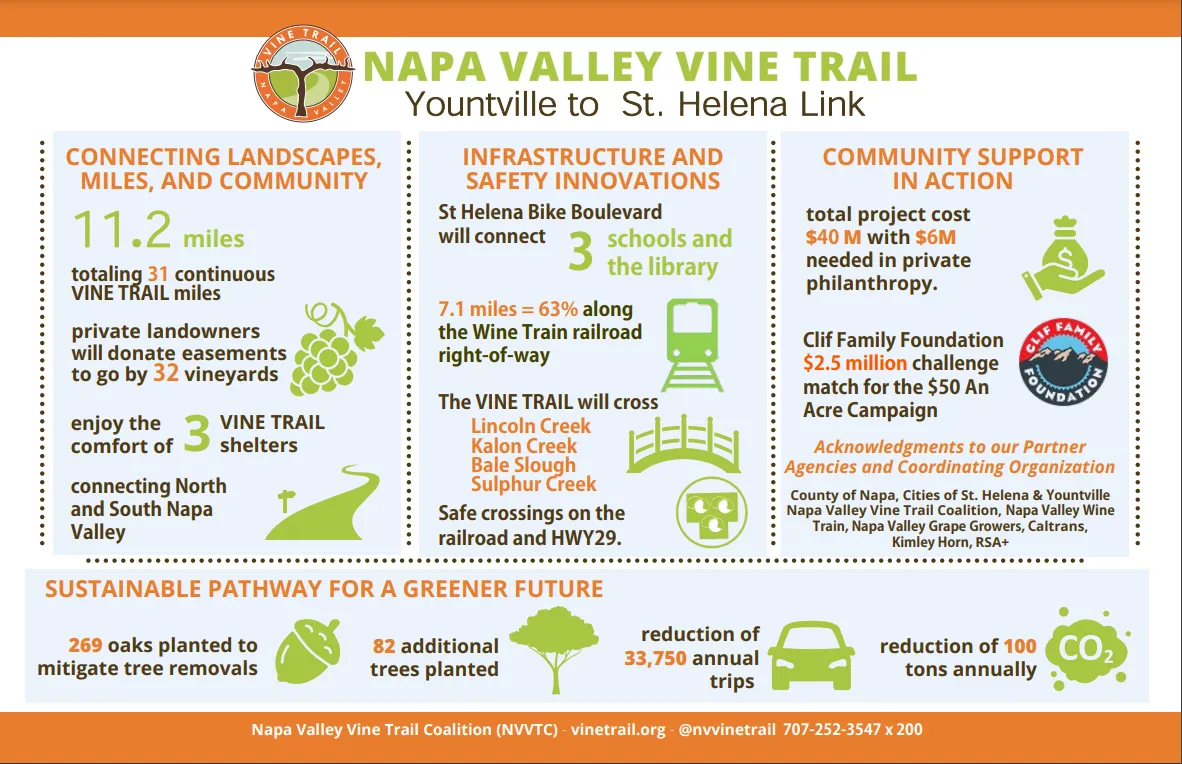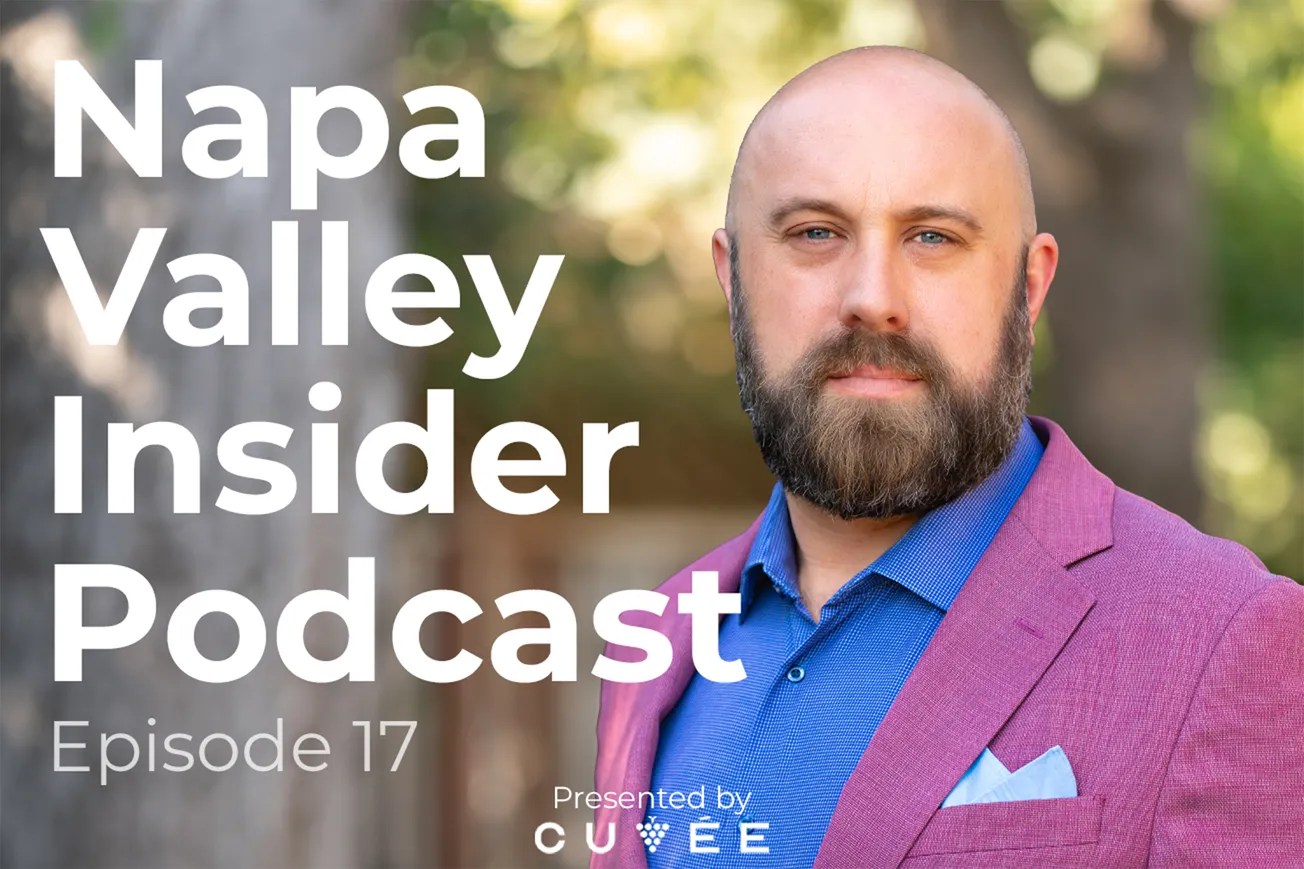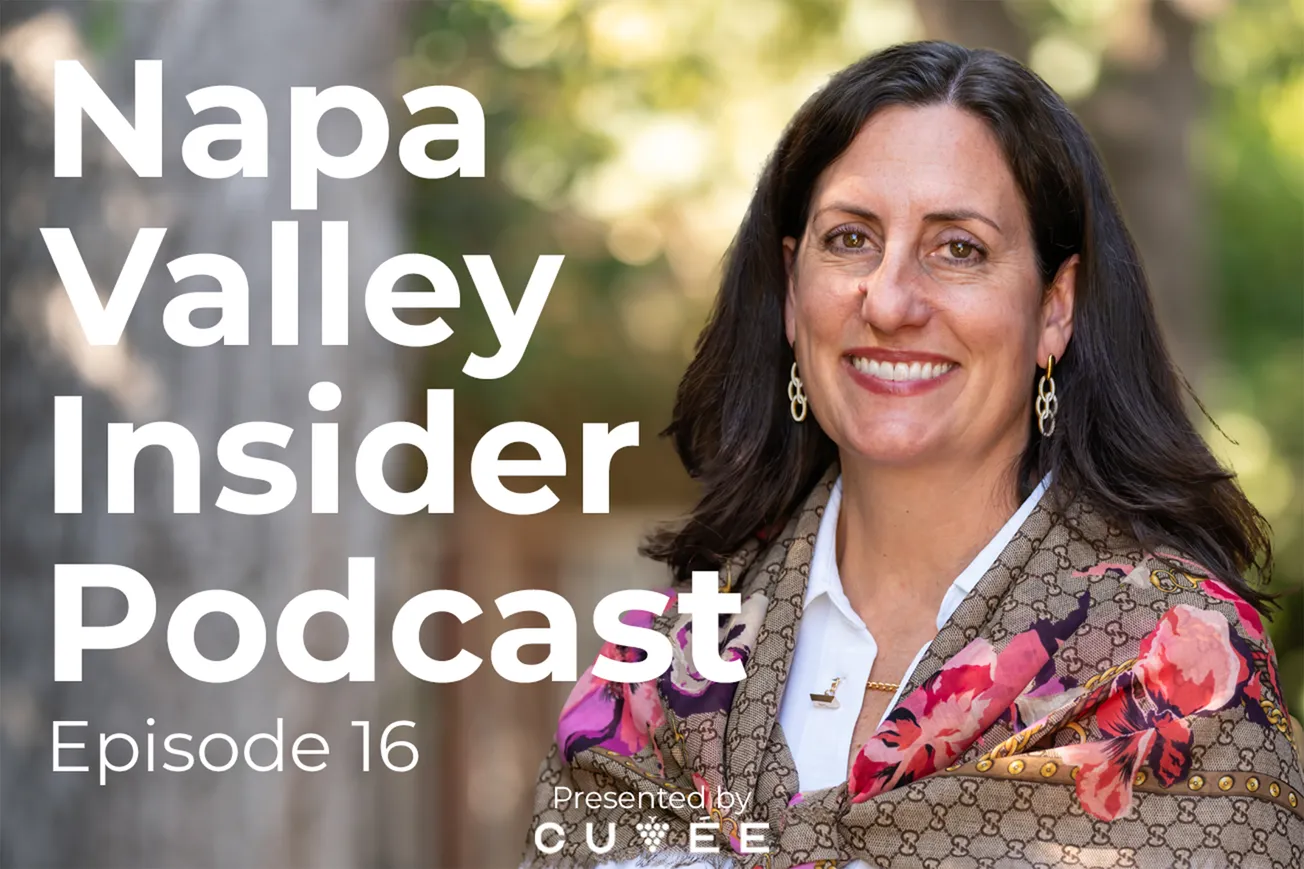The Napa County Board of Supervisors this week launched a new AI-powered, real-time and on-demand translation service in an effort to increase access and civic participation among the county’s Spanish-speaking population.
The software Wordly will provide translated captioning to attendees at Board of Supervisors meetings, allowing community members who don’t speak English to understand the discourse and decision-making processes. The AI software was debuted at Monday’s county budget meeting.
“Napa County strives to be innovative in our communications to best serve the public and that includes embracing new technology,” said Joelle Gallagher, District 1 Supervisor. “With the county’s diverse population that includes many non-native English speakers, it’s imperative that we meet the language needs of our community to foster equity, accessibility and an inclusive community.”
The county’s launch of its new translation service comes as Calistoga’s own city council seeks solutions for reaching and engaging its large Hispanic population.
Native Spanish speakers make up about 31 percent of Calistoga’s population, and 39 percent of the residents are Hispanic, according to U.S. Census data. Calistoga’s council meetings, however, are offered almost exclusively in English, potentially hindering civic engagement by a large portion of the community.
During a council meeting last month, two residents spoke in Spanish during public comment, expressing their concerns about funding being withdrawn from the Boys and Girls Club Teen Center. With no other translation services or options, Vice Mayor Irais Lopez-Ortega, a fluent Spanish speaker who often fills the gap, loosely translated the two women’s comments. This casual system, however, exposes potential for conflicts of interest or inaccurate dispersal of information.
Calistoga City Council member Lisa Gift has been leading the charge on information access for Spanish speakers.
“Some cities have the technology to translate meetings in Spanish,” Gift told the Tribune. “We can have these set in the back end; for example, we can have a YouTube channel going with translations and people can participate in the meetings as well.”
Gift said she recommended headset translation technology when she was elected so native Spanish speakers could attend the meetings in person. She has also pushed to have a Spanish version of the city’s website or to have it translated, but those suggestions have not been implemented to date.
Alonso Corona, executive director of the Napa County Hispanic Chamber of Commerce, said translation services are essential if government and community organizations want to involve native Spanish speakers.
“What we see regularly in public meetings and public announcements is that there is a strong need for the Hispanic and Spanish-speaking community to participate,” Corona said. “Often, they don’t have the necessary information to engage during these meetings.”
Corona, who works alongside local businesses, said Latino business owners who are native Spanish speakers frequently have difficulty communicating and navigating local government websites and protocols, which are almost exclusively in English. In many cases, the Hispanic Chamber of Commerce acts as a facilitator between the Spanish speakers and the county.
Will Marcencia co-owns local bilingual radio stations “Mega Mix” KVON and “The Vine” KVYN. The catalyst for creating the multilingual radio station, he said, was “the need for trusted community voices informing our Spanish population, which had not received consistent information.”
Since AI is emerging technology, Marcencia expressed concern with government agencies relying only on computer-aided software due to the potential for inaccuracy and misinterpretation.
“Technology should supplement how communities are engaged, but it still needs a human touch,” he said.
In the county, efforts have been underway to better disseminate critical information in its second most-spoken language, Spanish. Last year, the Napa County District Attorney’s office was among the first in the state to have an entire Spanish-language website. Modesto, in 2022, became the first city in California to implement the Wordly software, which can translate up to 20 languages.








